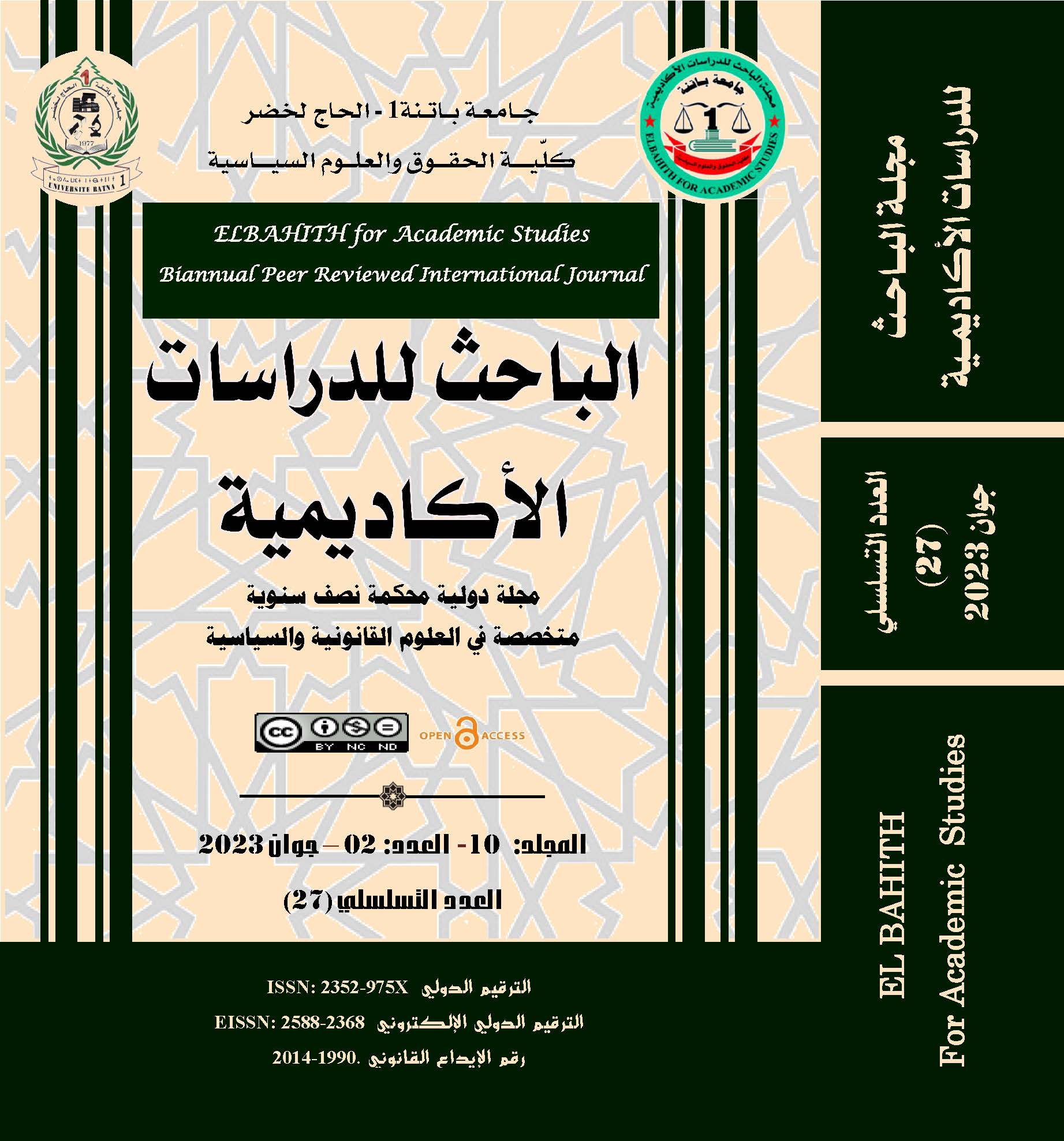The problem of the judicial control authority and its role in reducing the crime of human trafficking
DOI:
https://doi.org/10.59791/efas.v10i2.1616Keywords:
Human trafficking, judicial control, public order, organized crime, Palermo conventionAbstract
Over the years, the world has witnessed the rise of large groups of criminal networks and criminal networks that generate huge financial profits for crime syndicates, and with the global expansion of organized crime, the crime of human trafficking has emerged, striking human dignity against the wall, as victims are targeted on their weaknesses and transferred between countries as soon as they reach their destination.
They are exploited, stripped of their autonomy and freedom of movement, forced to work in precarious conditions, and often face various forms of physical and psychological abuse. In the face of the seriousness of this crime, which was forbidden by the heavenly religions through deep and sublime meanings and connotations, it was also combated by legal texts, whereby rules were set that prohibit its conduct and punish those who violate it, starting with the protocol to prevent, suppress and punish human trafficking, especially women and children of 2000, which Algeria ratified with reservation in 2003, which obligated the Algerian State to criminalize this phenomenon and to take the necessary measures to address it, through the judicial control mechanism, which the law authorized to carry out several preventive and deterrent powers in order to reduce this crime.
Downloads
Published
How to Cite
Issue
Section
License

This work is licensed under a Creative Commons Attribution-NonCommercial-NoDerivatives 4.0 International License.





